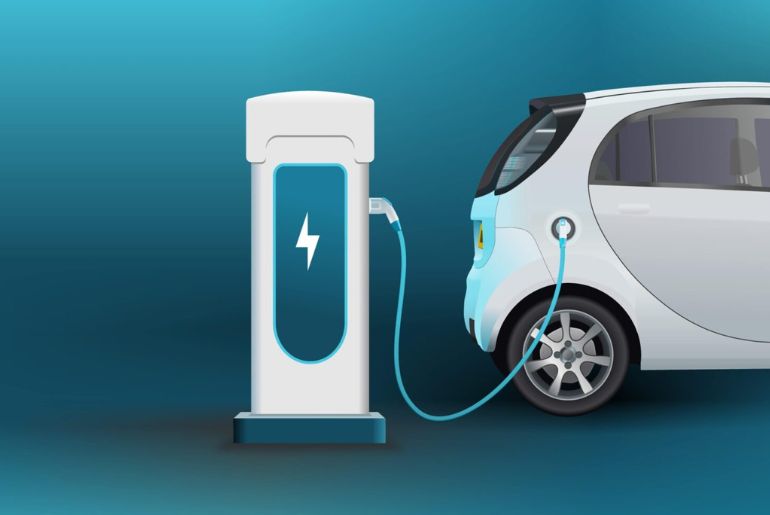To encourage local manufacturing of electric vehicle (EV) components in India, the Ministry of Heavy Industries has announced changes to the PM Electric Drive Revolution in Innovative Vehicle Enhancement (PM E-DRIVE) Scheme. The Phased Manufacturing Programme (PMP) is the main topic of these modifications, which were published on March 3, 2025. They provide certain specifications for several EV categories, including as electric buses, three-wheelers, and two-wheelers.
Key EV components such traction battery packs, battery management systems, DC-DC converters, vehicle control units, and traction motors must be produced domestically in accordance with the updated PMP requirements. To ensure that these parts are made in India, the government has put in place stringent restrictions that forbid the importation of battery modules and other essential parts. For electric two-wheelers and three-wheelers, these new regulations will go into effect on May 1, 2025; for electric buses, they will take effect within six to twelve months.
The changes require that traction battery packs for electric two-wheelers (L1 & L2) and electric three-wheelers (L5, e-rickshaws, and e-carts) be produced locally and assembled fully, including bus bar fitting, cell-to-cell connections, wiring, and battery management system integration. In a same vein, the instrument clusters, on-board chargers, and vehicle control unit (VCU) must all be manufactured domestically, including the wiring, software integration, heat-sink fittings, and electronic component assembly.
The modifications mandate that essential parts for electric buses (M2/M3), including traction battery packs, electric compressors for braking, charging inlets, and heating, ventilation, and air conditioning (HVAC) systems, be made domestically. Additionally, according to the recommendations, PMP verification for integrated units—like DC-DC converters with on-board chargers and motor controllers—must be done for each component independently.
The announcement also specifies that independent testing organizations will be in charge of determining compliance and that all other EV components must likewise be produced locally. In order to preserve regulatory uniformity, the term of “manufacture” will also be in line with the Central Goods and Services Tax (CGST) Act, 2017. The pressure for self-reliance in EV manufacturing is further strengthened by the changes, which forbid the import of completely knocked-down (CKD) components from a single supplier.

